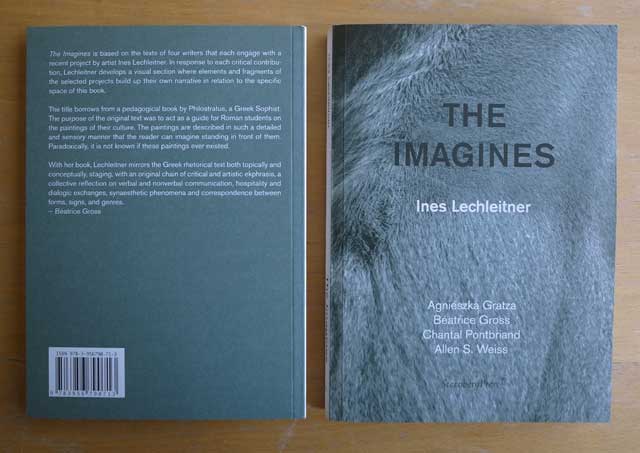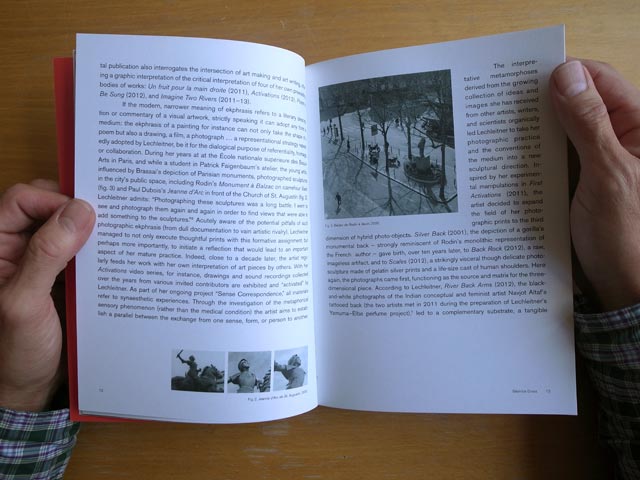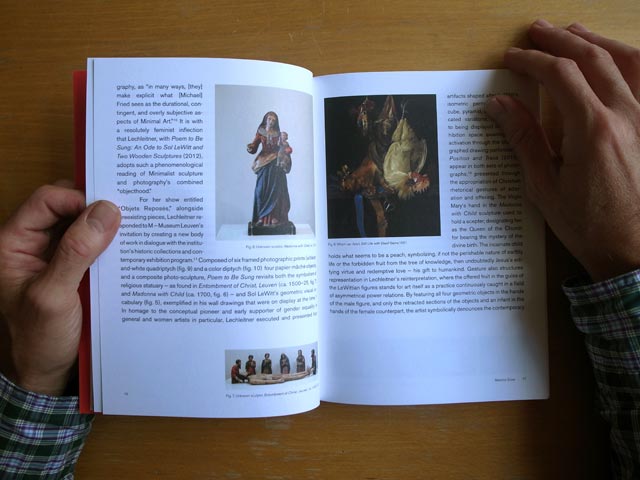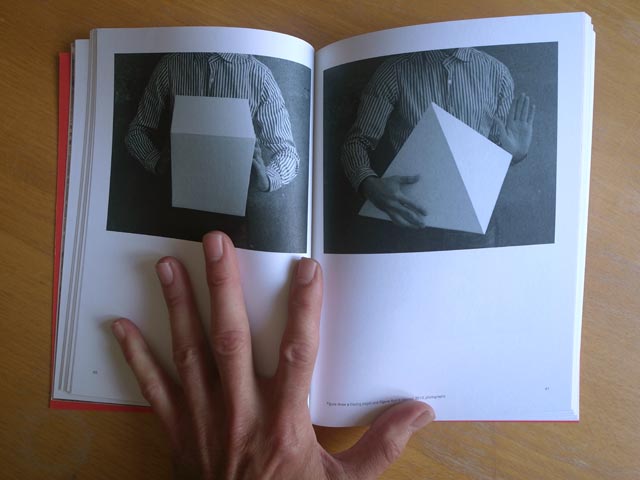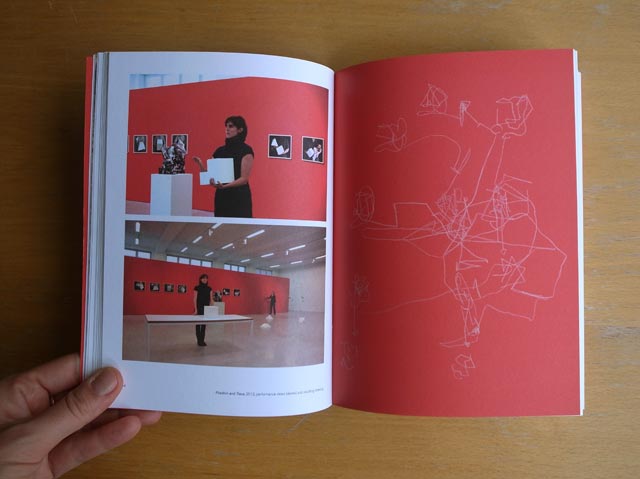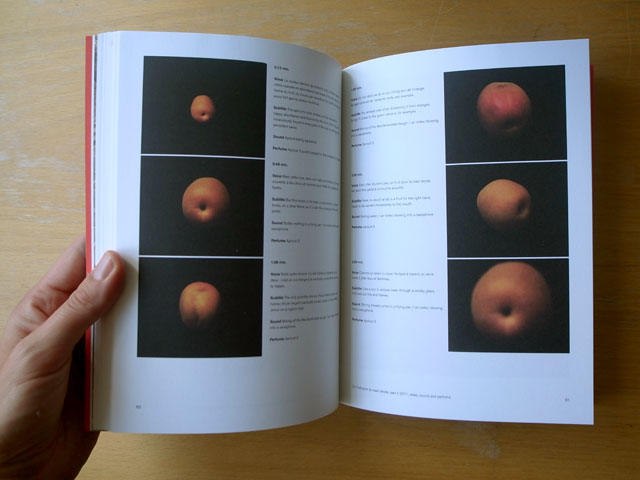Monographic book published by Sternberg Press (Berlin - New York)
With contributions by Agnieszka Gratza, Béatrice Gross, Chantal Pontbriand, and Allen S. Weiss
Design by Ines Lechleitner
September 2014, English
15 cm x 21 cm, 144 pages, 19 b/w and 58 color ill., softcover
ISBN 978-3-95679-071-3
€22.00
For orders, please contact order@sternberg-press.com.
For press inquiries and all other concerns, please contact mail@sternberg-press.com.
The Imagines is based on the texts of four writers that each engage with a recent project by Ines Lechleitner. In response to each critical contribution, Lechleitner develops a visual section where elements and fragments of the selected projects build up their own narrative in relation to the specific space of this book. The title borrows from a pedagogical text by Philostratus, a Greek Sophist. The purpose of the original text was to act as a guide for Roman students on the paintings of their culture. The paintings are described in such a detailed and sensory manner that the reader can imagine standing in front of them. Paradoxically, it is not known if these paintings ever existed.
Lechleitner’s The Imagines started with an invitation to the writers and then to its readers to think about these works, and can be seen as a collective reflection on verbal and nonverbal communication, hospitality, and dialogic exchanges.
Agnieszka Gratza discusses Lechleitner’s multipart project Imagine Two Rivers: The Search for the Elbe–Yamuna Perfume (2011-2013)—a combination of research, photography, and one-to-one performances—that evolved into the creation of scents based on two rivers (one in Dehli and the other in Vienna), which are to be experienced individually and together. Béatrice Gross considers Lechleitner’s photographic and sculptural work Poem to Be Sung - An Ode to Sol LeWitt and Two Wooden Sculptures (2012), with its diverse art historical references from religious statuary to Sol LeWitt and Minimalism, while Chantal Pontbriand talks about Activations (2012), a collective body of work created with invited artists, writers, and scientists that questions the idea of the image as a process as it emerges from an encounter with another’s work. Allen S. Weiss, too, considers this idea of interpreting one work through another, touching on Lechleitner’s transformation of Francis Ponge’s poem “L’abricot” through her culinary performance Un fruit pour la main droite (2011), while also linking two biographies, two recipes, and two works.
